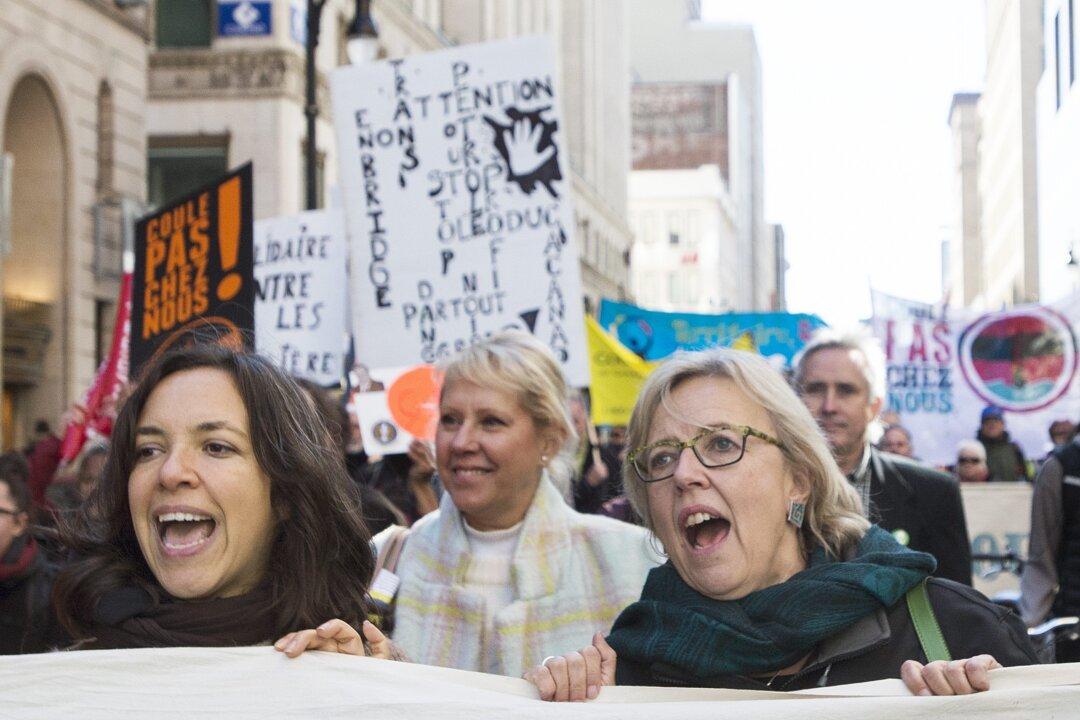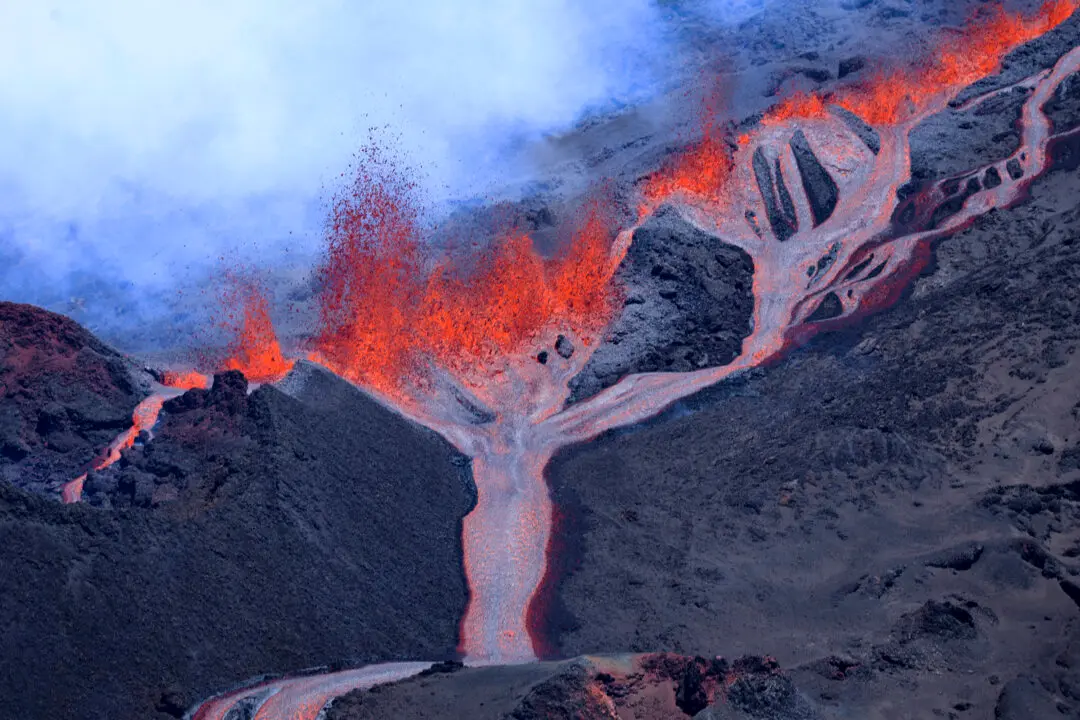OTTAWA—Keystone XL is dead! Long live Energy East!
Like a game of pipeline whack-a-mole, a bid by TransCanada Corp. to suspend its controversial north-south Keystone XL pipeline proposal has elevated the west-east Energy East pipeline plan to the top of Canada’s political agenda.
“With Keystone now delayed, even more important we approve Energy East,” Saskatchewan Premier Brad Wall posted on his Twitter account Tuesday, Nov. 3.
“There’s no doubt it puts a whole lot more attention now on Energy East,” Donald Arsenault, New Brunswick’s energy minister, told The Canadian Press in an interview.
On Wednesday, the U.S. State Department rejected TransCanada’s request to temporarily suspend its application. The request was interpreted by the administration as a political move, aimed at increasing its chance of approval by a possible future Republican administration—something the company denies.
Meanwhile TransCanada’s proposed 4,600-kilometre Energy East pipeline—designed to move 1.1-million barrels of crude oil a day from Alberta and Saskatchewan to refineries in Eastern Canada—is likely to garner its own opposition.
Pipeline politics have been a Canadian staple for the past decade and that won’t change with the departure of Stephen Harper’s Conservatives and the arrival of Justin Trudeau’s Liberals in Ottawa.
Trudeau, sworn in on Wednesday, has appointed a cabinet with heavy hitters on the climate change file. He can expect to begin fielding pipeline calls almost immediately.





